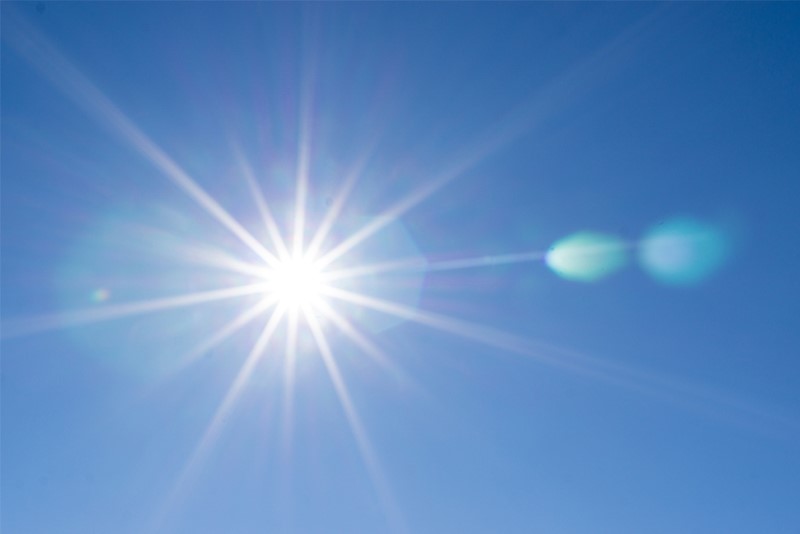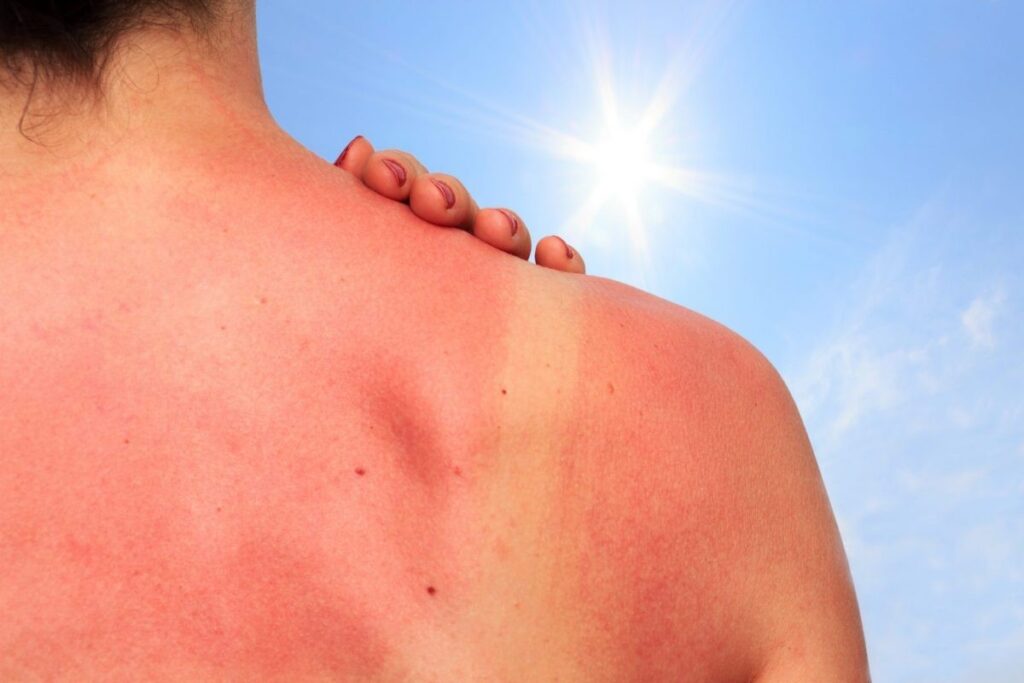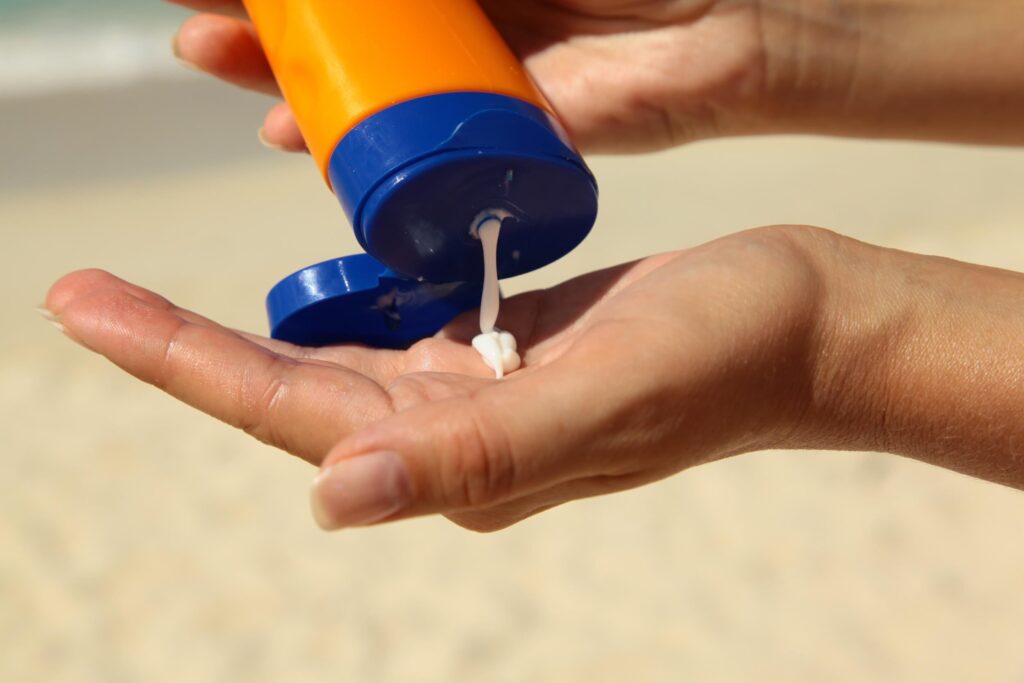Sun Awareness Week 2020: The Dangers Of Sun Exposure And How To Protect Yourself
This week is Sun Awareness Week 2020, an annual campaign arranged by the British Association of Dermatologists (BAD) to raise awareness about skin cancer, the dangers of exposure to the sun, and the importance of sun protection, particularly in the coming summer months. Prevent your skin from sun damage and lower your chances of any serious complications.
Overseen by the BAD’s Skin Cancer Prevention Committee, compromised of leading medical professionals with expertise in skin cancer, the Sun Awareness Week campaign was set up to teach the public about how to prevent sun damage and detect skin cancer. The first aim is to encourage people to regularly self-examine for skin cancer. The second is to teach people about the dangers of sunburn and excessive tanning in hopes to discourage people from using sunbeds.
Statistics show that skin cancer is one of the most common forms of cancer in the UK, and rates continue to rise year on year. At least 100,000 new cases are diagnosed each year, and it kills over 2,500 people a year in the UK. According to Cancer Research UK, 86% of melanoma skin cancer cases are preventable. To support Sun Awareness Week 2020, Kays Medical has put together a guide explaining the risks of sun exposure and how you can protect yourself against harmful UV rays. By doing this, you will be protecting yourself against sun damage and therefore skin cancer.
The dangers of sun exposure

Overexposure to the sun’s rays can cause serious damage to the body. Sun damage is the cause of most skin cancers, including non-melanoma, and melanoma, which is by far the deadliest skin cancer. Getting sunburnt, just once every two years can triple your risk of melanoma skin cancer.
Everyone is affected by sun damage, even if you think you’re not or say you don’t burn. The sun can cause serious damage to your skin without you even realising. There is no ‘safe’ way to get a tan, although many people associate a tan with looking healthy, a tan is a sign our skin has been exposed to harmful UV radiation.
UV radiation from the sun causing sun damage is the main cause of skin cancer, and UV lights from sunbeds can be just as dangerous. On top of increasing your likelihood of developing skin cancer, exposure to the sun, and using sunbeds can:
- Speed up ageing
- Cause blisters, sunstroke, and headaches
- Cause permanent damage to your eyes
- Lead to heat exhaustion and dehydration
- Weaken your immune system

Many people are confused about what exactly constitutes as sun exposure. For example, many people don’t realise that a sunny day in autumn or winter can be as dangerous as a lovely hot, summer’s day. Even if it is overcast or cool outside, the sun can still cause serious damage; research has shown that 90% of UV light can pass through light clouding. With this, your skin can still experience sun damage.
Sunburn does not just happen on holiday, you can burn just as easily in the UK, even when it’s cloudy. A study by the BAD showed that more than one in three people were sunburnt every year in the UK, with a further 46% burning whilst abroad. Therefore, sun protection is important all year round.
How to protect yourself from the sun
In 2014 a study concluded that by 2020 skin cancer would cost the NHS an estimation of £180 million. Sunburn is a form of sun damage, significantly increasing your risk of skin cancer, so it is incredibly important you protect your skin. The NHS recommends:
- Using a sun cream with a sun protection factor (SPF) of at least 30
- Limiting your exposure to the sun between 11 am and 3 pm when the sun is strongest
- Cover up with clothes, a hat, and sunglasses
Who is at risk of sunburn?
Anyone can get sunburnt or develop skin cancer. However, there are some people who need to take extra precautions in the sun as they may be at higher risk. You should be extra careful in the sun if you have one or more of the following:
- Pale skin
- Red or fair hair
- Lots of freckles or moles
- Skin that burns easily
- Have a family history of skin cancer
- Have skin problems relating to a medical condition
Tips for using sun cream effectively

When buying sun cream, you should look for one that has a sun protection factor (SPF) of at least 30 to protect against UVB, and has at least a 4-star UVA protection. The higher, the better. UVA protection is also indicated by the letters ‘UVA’ in a circle. This indicates that it meets the EU standard. Sun cream typically has a shelf life of around 2-3 years, make sure you are not using a sunscreen which is past its expiry date.
When using sun cream to ensure you are properly protected, you should:
- Apply a liberal amount of sunscreen to your skin 15 to 30 minutes before going out into the sun.
- Spread the sunscreen as uniformly as possible over the surface of your skin and allow it to dry, be careful that you aren’t missing any spots.
- Re-apply your sunscreen to exposed parts of your skin frequently – at least every 2 hours.
- Re-apply sunscreen after any activity such as swimming, towelling, exercising, or after excessive sweating as this could rub off your sunscreen. This includes ‘water-resistant’ and ‘once a day’ products.
- Don’t store sunscreens in very hot places as the heat can ruin their protective chemicals.
- Check the expiry date before use and also look for a symbol with the letter M and a number, or a picture of an opened jar with a number printed within it, as this shows the number of months you can use it after it is opened.
- Just because you are wearing sunscreen, you shouldn’t spend any longer in the sun than you would without.
Kays Medical stock a range of sun creams that can help you to protect your skin from sun damage. It is important for people to wear sunscreen all year round, particularly on exposed areas like the face, neck, and arms. You can order sun cream and after sun from our online store and have it delivered directly to you at home. For more information, please don’t hesitate to get in touch.